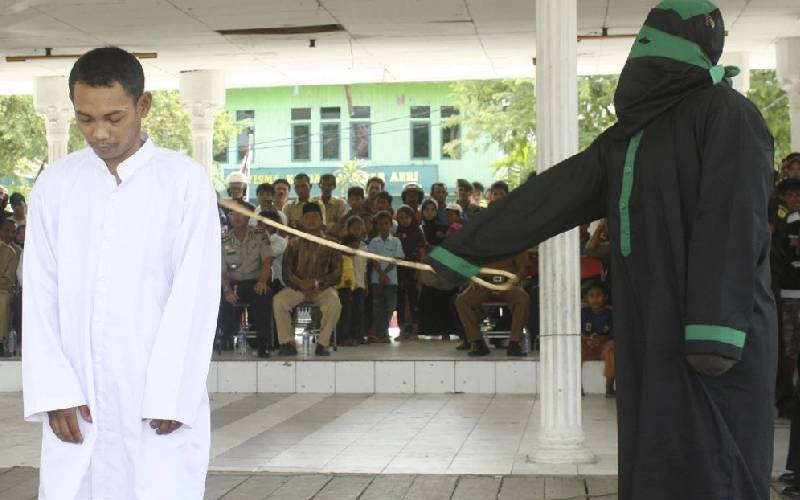×
The Standard e-Paper
Home To Bold Columnists

There has been a national outcry over runaway crime in Nairobi and other major towns. In the capital city, gangs have literary taken over some alleys, unleashing terror even in broad day light.
Ironically, the wave of lawlessness is coming in the wake of the disbandment of the Special Services Unit. Its officers were accused of extrajudicial killings and forced disappearances.